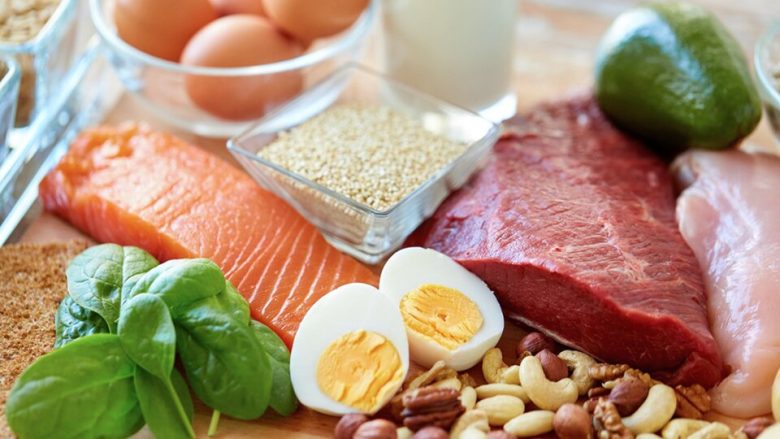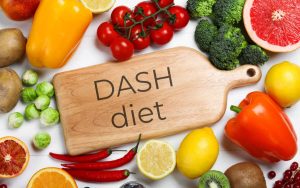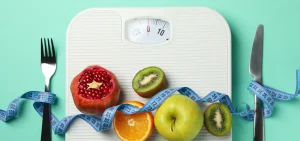Ready to improve your workout? What you eat before and after a workout, run, or yoga session can make a big impact. Pre- and post-workout nutrition is an art that promotes performance and recovery, not just snacking. The right nutrition can boost energy, endurance, and muscle growth. Let’s talk about how you can improve your workouts and fitness journey with the right nutrition. Reduce fatigue and improve your performance!
Fueling Your Workout: Why It’s Important
It’s essential to have adequate fuel during your workout. It optimises performance and recovery. Healthy eating not only keeps you feeling full, but it also prepares your muscles, brain, and energy system. Imagine running a marathon while exhausted. During exercise, your body needs nutrients. After carbohydrates provide energy, proteins repair tissues.
Federation athletes can train harder and longer. This can improve strength, cardiovascular fitness, and athletic performance. Good nutrition can improve focus and endurance. Not eating before your workout can lead to fatigue or a lack of motivation during your workout. Conversely, eating after a workout can replenish glycogen and speed up muscle recovery. What you eat before or after your workout can affect your performance. Prioritising these meals can help improve your workouts and your health.
Pre-Workout Nutrition: What to Eat
The right pre-workout diet can set the tone for your workout. A balanced meal before your workout can improve your athletic performance. Try carbs and protein. Protein helps maintain muscle, while carbs provide immediate energy. Pair whole wheat bread with peanut butter or yoghurt with fruit.
Timing is also important. Eat a meal 30 minutes to 2 hours before your workout. Your body has time to digest the food and turn it into energy. Hydration is also important. Drink water or drinks high in electrolytes to stay hydrated as you sweat. Listening to your body can help you find the workout that works best for you. Here’s how to do any workout without feeling lethargic or uncomfortable.
Post-workout Nutrition: Key to Recovery
After an intense workout, your body needs nutrition. Recovery and recovery support are now critical. Focus on protein. It rebuilds muscles that have been damaged by exercise. Mix fast-absorbing proteins like whey or plant proteins with whole foods like chicken or lentils. Carbohydrates are just as important. You use up glycogen, but they replenish it. Think quinoa, sweet potatoes, or fruit to help facilitate this process.
Hydration is also important. Water promotes muscle function and nutrient transfer after a workout. Healthy fats combined with carbs and protein can aid recovery. Nuts, seeds, and avocados can provide nutrients without overwhelming other nutrients. Your body’s needs will vary depending on the intensity and duration of your workout, so listen to your body.
The Best Pre- and Post-workout Foods and Nutrients
Good nutrition can improve workout performance and recovery. Carbohydrates provide quick energy before a workout. Fruits like bananas, porridge, and whole grain bread can provide energy without causing bloating. Don’t forget protein is important! A small amount of Greek yoghurt or a protein drink can prepare your muscles for the challenge.
Recovery after exercise is crucial. Chicken and fish contain lean protein that can help repair muscles. Add complex carbohydrates like quinoa or brown rice to increase glycogen stores. Healthy fats promote healing. Healthy foods like avocados, almonds, and seeds can reduce inflammation and provide nutrients. Don’t forget to drink plenty of fluids before and after your workout! Do you sweat profusely during an intense workout? Try drinks rich in electrolytes.
Sample Meal Plans for Before and After Workouts
An effective pre- and post-workout nutrition plan can improve your performance and recovery. To fuel up for a workout, try oatmeal with banana slices and honey. The complex carbohydrates in this mix provide long-lasting energy. Greek yoghurt with fruit and granola is another option. The protein prepares your muscles for exercise, while the fruit provides micronutrients.
Try to replenish the nutrients you lose after a workout. A smoothie with spinach, protein powder, almond milk, and frozen fruit can be an effective nutritional boost. Grilled chicken with quinoa and steamed broccoli is a nutritious meal that is rich in protein and fibre. These varied meals will satisfy your hunger while helping you reach your fitness goals. By planning ahead, you can ensure that you make healthy choices when it matters.
Common Pre- and Post-Workout Nutrition Mistakes
Fitness enthusiasts often forget when to eat before a workout. Eating too much before a workout can be harmful to your body. But if you wait too long, you can become exhausted. Another mistake people make is neglecting hydration. Water is essential for athletic performance and recovery. Drinking less water before or after exercise can affect your performance.
Some people forget about carbs after a workout and focus on protein. Macronutrients are necessary for both muscle recovery and repair. Another mistake is overusing supplements instead of whole foods. While they are helpful, foods high in nutrients and vitamins and minerals are best. Ignoring individual needs can stunt growth. Everybody responds differently. What works for one person may not necessarily work for another. To adjust your nutrition strategy, you need to listen to your body’s needs.
Conclusion
Anyone looking to improve their performance should understand pre- and post-workout nutrition. A good diet can affect how you feel during exercise and how quickly your body recovers. Take your specific needs into account. Because everybody responds differently, finding the best plan can take some experimenting.
Make sure you stay hydrated. Water is essential for athletic performance and recovery. Be consistent. Eating healthy on a regular basis can pay off in the long run. It’s important to develop habits that will help you achieve your goals. Make healthy eating a priority during your fitness journey.
FAQs
1. How long before exercising should you eat?
Typically, you should eat 30 to 2 hours before exercising. This break allows your body to digest the food without feeling heavy during exercise.
2. Should you eat after exercising?
Post-workout nutrition is crucial for recovery. It restores glycogen and muscle, which improves exercise performance.
3. Can I lose weight by skipping meals?
While controlling calories is crucial for weight loss, skipping meals can hinder energy and recovery. Focus on portion control, not skipping food.
4. How much water should you drink during exercise?
Drink 500-600 ml of water two hours before exercise and sip as often as needed during exercise.
5. Should I take vitamins before or after exercise?
If you are eating a balanced diet of only healthy foods, you do not need supplements. Always consult your doctor before taking supplements.




